 Vampire Weekend's Surprising Jewish Stories
Vampire Weekend's Surprising Jewish Stories


8 min read
Shlomo Dror has lived two lives: one before the suicide of his son, and one after.
The call came late on a Sunday night in June 2003. Shlomo Dror’s ex-wife was worried about their elder son, Emil’s, emotional well-being. A psychoanalyst in Tennessee, Dror promised to follow up quickly. Phoning the next day from his office, he couldn’t mistake Emil’s deep distress. Dror whirled into action. Telling his secretary to cancel all his patients that week, he rushed to catch the first flight to San Francisco and arrived at Emil’s door unannounced after midnight.
The next day they had heartfelt talks from morning to night. Emil, 34, echoed a complaint he had first lodged years before as a rising high school senior. He dredged up the hurt of a 6-year-old boy whose father pounced to make a winning move while teaching him chess.
Dror recalls, “I had this crazy idea I had to teach Emil how to get along in a rough world. Here he was years later telling me this was one of the most crushing experiences he ever had, and for the rest of his life it gave him a sense he couldn’t count on my help to make him feel good.”
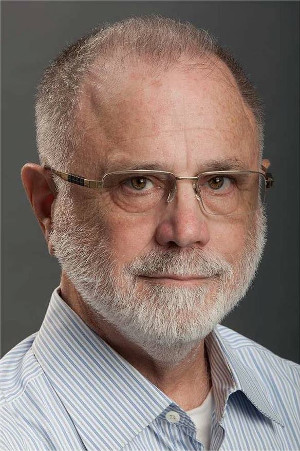 Now Dror was there in person to rescue his precious son from major depression. He called a colleague in the San Francisco Bay area and made a therapy appointment for the two of them the following day. Having a plan seemed to foster a sense of calm over the situation.
Now Dror was there in person to rescue his precious son from major depression. He called a colleague in the San Francisco Bay area and made a therapy appointment for the two of them the following day. Having a plan seemed to foster a sense of calm over the situation.
The next morning, after reviewing the plan for the day and confirming Emil’s agreement, Dror was showering when he heard Emil shout cheerfully, “I’ll be back in a minute.” Intuitively, he knew his son didn’t plan to come back. He feared Emil was about to do the unthinkable.
One psychiatrist asked, “Have you called the Golden Gate Bridge?”
Dror called all over town, including police and emergency personnel, hoping to prevent Emil from harming himself. One psychiatrist he consulted asked, “Have you called the Golden Gate Bridge?”
As Dror was to learn later, it was too late.
After almost an hour of dreadful foreboding, he answered the phone to hear a highway patrolman say, “We recovered your son’s body from the bay.”
Dror lay on the floor in anguish, pounding his fists and screaming with all his might, "Emil, don't jump! Please, please, please don’t jump!" He knew he couldn’t change the reality, but he continued screaming and crying anyway.
“I was filled with terror, horror, unbearable pain. I was expressing it with my entire mind and body. I cannot think of any equivalent moment of concentrated experience in my entire life.”
After picking himself off the floor, a great sense of calm unexpectedly washed over him. That moment marked an indelible turning point. “I have had two lives, before and after the suicide. I brought one life to a close and started a new life, almost as an infant,” Dror reflects.
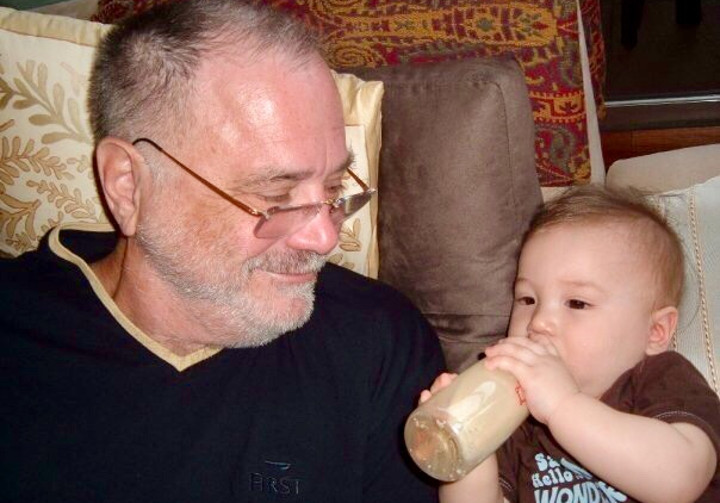
Soul-searching became his constant focus. While agonizing over his tremendous loss and what kind of father he had been, Dror was counseled by his Chabad rabbi, among others, and over time he became an observant Jew.
“At that point we had already been studying on a weekly basis,” Rabbi Yossi Wilhelm of Knoxville, Tenn. explains. “We discussed many of life’s happenings through a Torah lens, which without question looking back was gave Shlomo a foundation to allow growth to come out of this terrible tragedy.”
Rabbi Wilhelm describes how Dror wrestled with his grief, pain and regret. “He mourned, and I’m sure he continues to mourn, struggling to get over the blame, and then he realized he would choose to learn from this. He accepted what happened and looked at how he could grow. By choosing to live life in a fulfilling way he is honoring his son’s memory. I believe this is a very Jewish approach to suffering.”
“By choosing to live life in a fulfilling way he is honoring his son’s memory. I believe this is a very Jewish approach to suffering.”
Dror’s slow journey toward Jewish observance had begun when he got cancer at age 40 – one year after the trauma of his divorce. As he says, “I intuitively felt that getting cancer was meaningful, although it would be several years until I gained broad understanding of its import. That ‘catastrophe’ provoked serious soul-searching as a close encounter with mortality often does.
“Dr. Dick Felder z’’l, a personal friend, visited me in the hospital while I recovered from a second surgery. He said he had read everything in the medical literature on psychological characteristics of cancer patients – psychosomatic disease was one of his specialties – and he learned only one thing of significance. ‘If you want to survive this,’ he said portentously, ‘you’d better get connected to someone.’
“I didn’t know what to make of this at the time, but after four months of intensive radiation therapy post discharge, I traveled to Spain to present a paper at an international professional conference. By ‘coincidence,‘ I met Ruth Dayan, widow of Moshe Dayan, in a Madrid art gallery. Hearing that I lived in Knoxville, she asked which shul I belonged to, and named both of them. I was embarrassed to say I had never been to either.
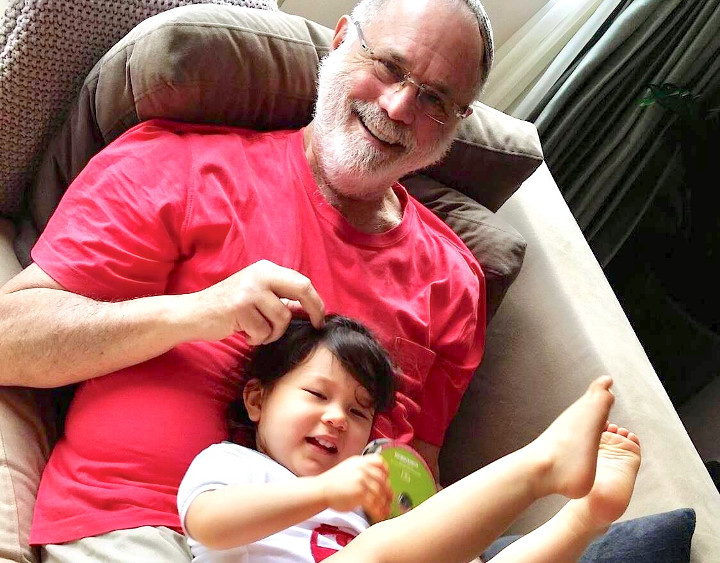
“Dick‘s admonition to ‘connect’ and Ruth’s mention of congregations in my hometown combined to influence me to investigate the opportunities. After comparison shopping I became a member of the Reform temple, my first act of Jewish affiliation. It was also the beginning of an experience of connection that would culminate in a connection the likes of which I never imagined.”
During Rosh Hashanah services on the second year of synagogue attendance, he had a series of unprecedented experiences. “First I realized that the language of the prayers – recited mainly in English as is the reform custom – was beautiful, in fact poetic. Then I realized that this was more than elegant language – the words of the machzor conveyed ideas – ideas I deeply agreed with. I had one of the most startling revelations of my life.
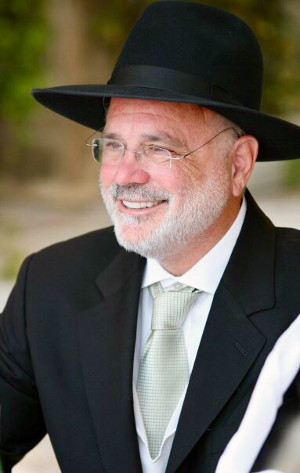 “Having been a ‘60s counterculture radical, I held the unjustified conceit that the system of values that mattered to me had been formed through my individual effort to develop a philosophy of life. With an enormous shock I awakened to the fact that all the values I imagined I had selected independently had actually come from my parents, who learned them from their parents. My values were Jewish values passed from generation to generation beginning with the gathering Mt. Sinai thousands of years before me. In a flash, the concept ‘I am Jewish’ changed from a nearly empty verbal formula to an altered existence. With this new insight, ‘I am Jewish’ became the defining feature of my life. This was the first time my identity as a Jew gained existential gravity and intellectual substance.”
“Having been a ‘60s counterculture radical, I held the unjustified conceit that the system of values that mattered to me had been formed through my individual effort to develop a philosophy of life. With an enormous shock I awakened to the fact that all the values I imagined I had selected independently had actually come from my parents, who learned them from their parents. My values were Jewish values passed from generation to generation beginning with the gathering Mt. Sinai thousands of years before me. In a flash, the concept ‘I am Jewish’ changed from a nearly empty verbal formula to an altered existence. With this new insight, ‘I am Jewish’ became the defining feature of my life. This was the first time my identity as a Jew gained existential gravity and intellectual substance.”
Growing up in the only Jewish family in the small agricultural community of Moultrie, Ga., Dror wasn’t given a Hebrew name. He changed his name from Stephen to Shlomo Ya’acov after Emil’s death. His spiritual journey intensified and he made aliyah, becoming a citizen of Israel, in his 60s. As he studied Torah with new teachers, he decided to have a traditional bris, the ritual Jewish circumcision.
His internal landscape shifted dramatically. Dror, now 74, says he has given up the materialistic focus of his life before Emil’s death. He is driven to contribute to society by seeking opportunities to give charity, provide free counseling to those in need and share his teaching gifts. He pours his heart into his relationships with his younger son, Jesse, 47, his daughter-in-law and three grandchildren.
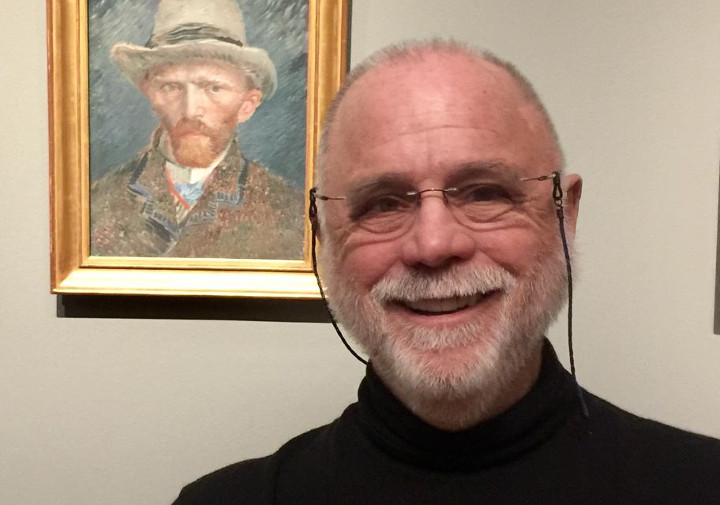
“I had been a bad father in the boys’ youth,” he confesses. “I was bad-tempered even when I wasn’t shouting. I couldn’t change what had occurred in the past, but I devoted myself to acknowledging the damage I’d done and to doing everything in my power to rectify things, doing tikkun (repair).”
After Emil’s passing, Dror could not get a passage from Psalm 34 out of his head: “God is close to the brokenhearted, and the crushed in spirit He rescues.” He says these words perfectly expressed his understanding that loss can be transformative.
“After Emil died, I no longer exclusively focused on the concept of being a better father; it broadened to the entire world. I review my behavior all the time, the good and the bad,” Dror says.
“I gave up the pretense of being better than other people. I dropped so much ego. If I had certain strengths other people didn’t have, it didn’t make me a better person. If I went to services on Shabbat and other people didn’t, it didn’t make me a better person. Since then I have never had a concern as great as my concern for teshuvah, genuine change. Whatever time God allows me, nothing can push me off course.”
